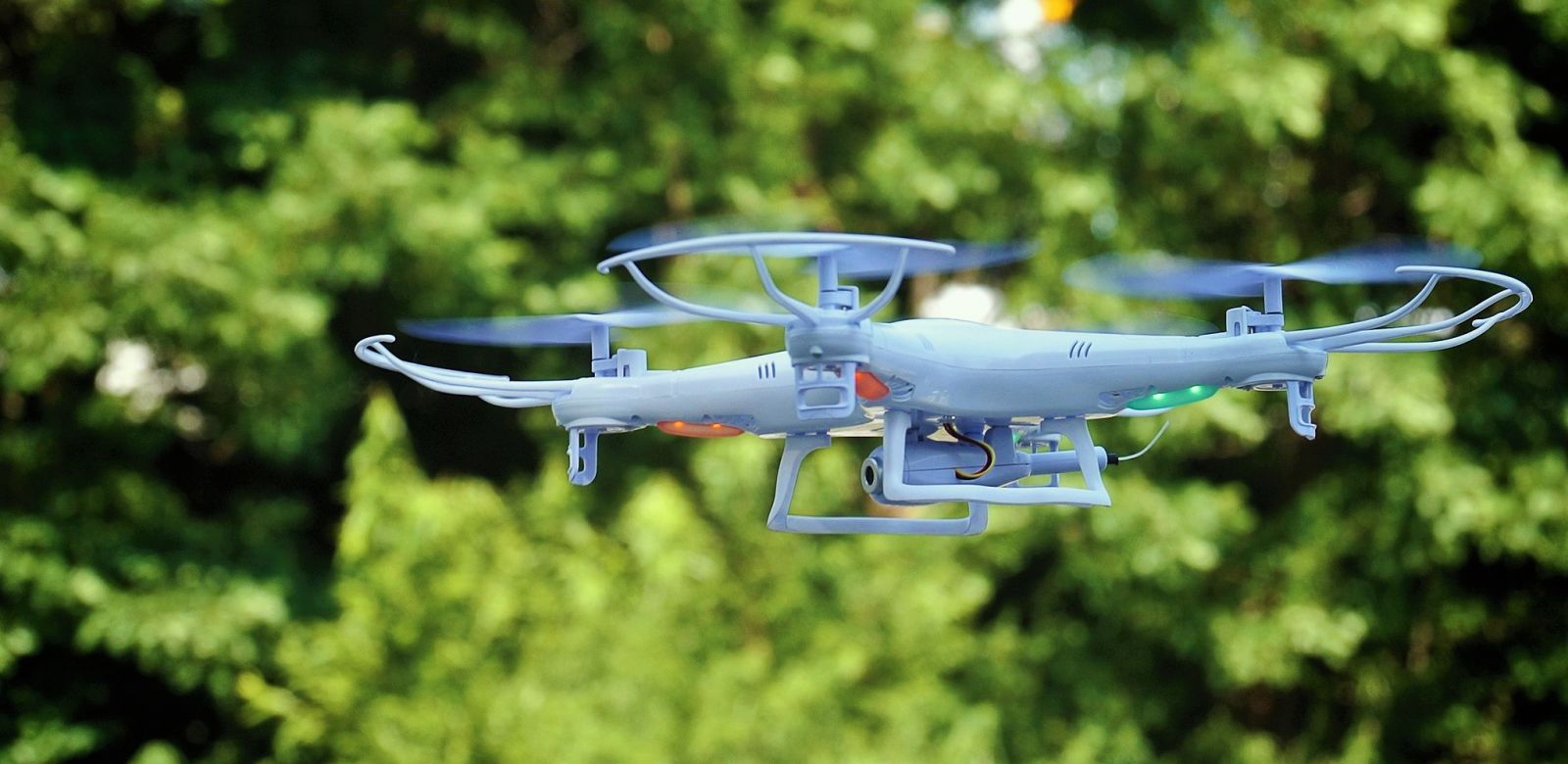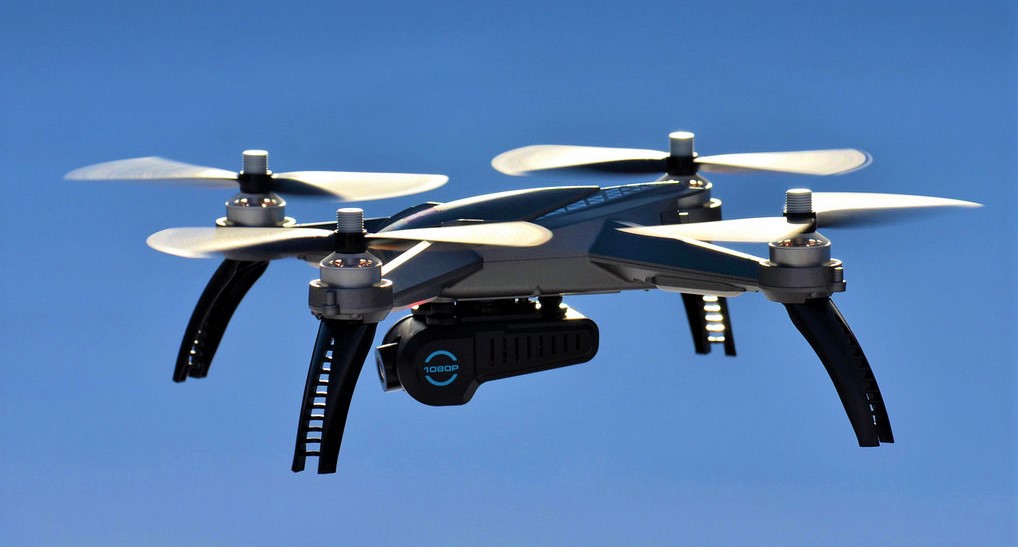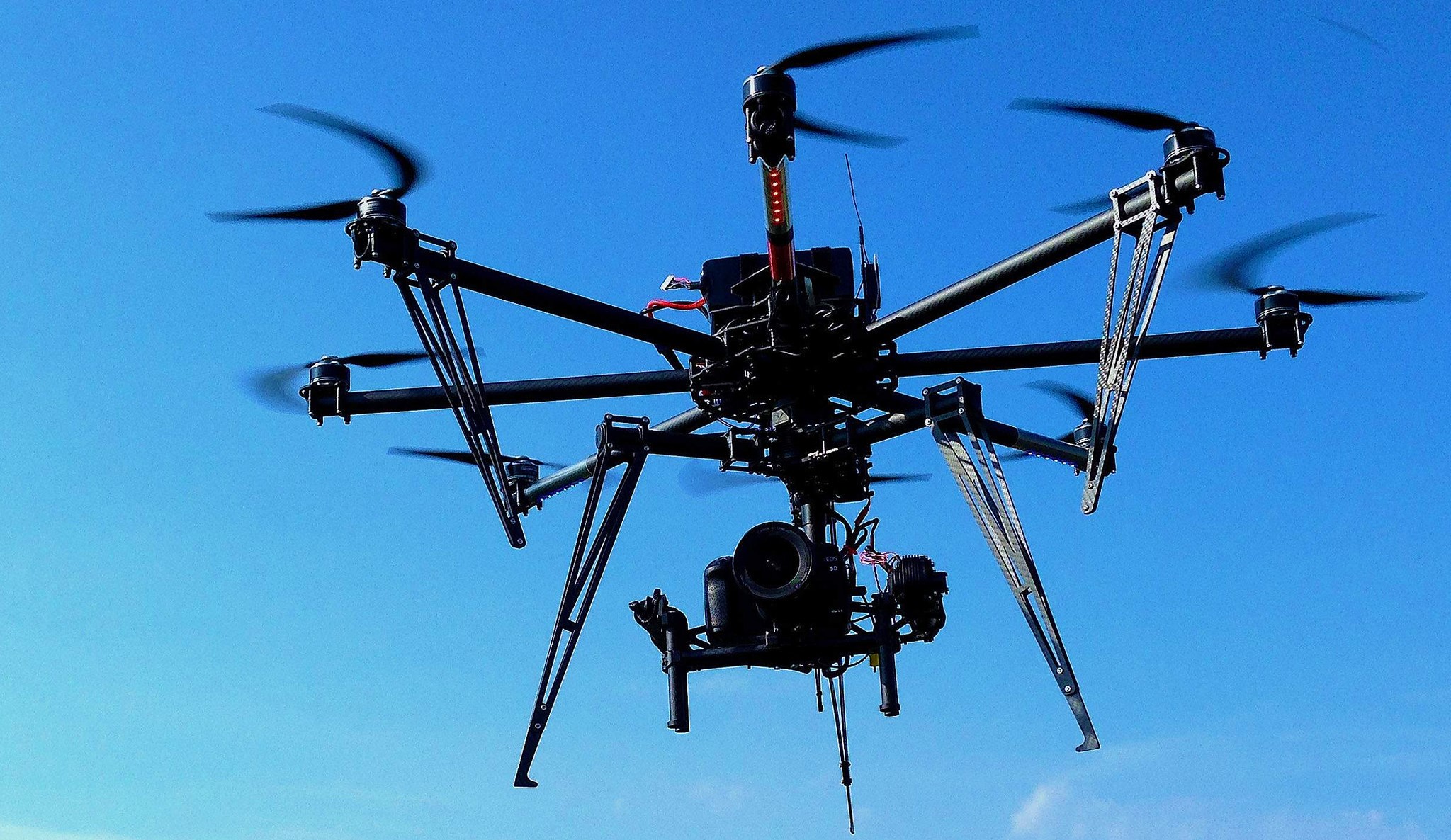Drone Pilot at Canada ?
If you are a drone pilot at canada , then you have some obligations before you could fly your drone !
The Requirements !
Canadian Aviation Regulations (CARs) Part IX – Remotely Piloted Aircraft Systems contains most of the rules that apply to drones up to 25 kilograms.
It’s important that you fly your drone responsibly to avoid harming others. Here are the rules you need to follow.

Who is eligible to fly a drone at Canada ?
You need a drone pilot licence to fly drones that weigh 250 grams (g) up to and including 25 kilograms (kg).
You need to be 14 years old to get a basic license and 16 years old to get an advanced license. Children younger than 14 must be supervised by someone with a license. This includes clubs, camps and other youth groups.
Things to ensure, before you fly !
- Understand your legal requirements when flying drones
- Understand the difference between basic operations and advanced operations
- Get the necessary knowledge requirements
- Get a drone pilot certificate
- Choose the right drone if you want to perform advanced operations
- Register your drone
- Follow your drone manufacturer’s instructions
- Survey the area where you will fly
- Take note of any obstacles, such as buildings and power lines
- Advanced operations only - to operate in controlled airspace (Classes C, D or E) you need to ask NAV CANADA for an RPAS Flight Authorization
While flying a drone !
To keep yourself and others safe, fly your drone:
- Where you can see it at all times
- below 122 metres (400 feet) in the air
- away from bystanders, at a minimum horizontal distance of 30 metres for basic operations
- away from emergency operations and advertised events
- Avoid forest fires, outdoor concerts and parades
- away from airports and heliports
- 5.6 kilometres (3 nautical miles) from airports
- 1.9 kilometres (1 nautical mile) from heliports
- outside controlled airspace (for basic operations only)
- far away from other aircraft
- Don’t fly anywhere near airplanes, helicopters and other drones
Note : Drone pilots must carry a valid drone pilot certificate at all times while operating their drone. A valid drone pilot certificate is a printed or electronic document issued by Transport Canada.

Penalties Involved , if you violate !
You could face serious penalties, including fines and/or jail time, if you break the rules.
Fines for individuals
- up to $1,000 for flying without a drone pilot certificate
- up to $1,000 for flying unregistered or unmarked drones
- up to $1,000 for flying where you are not allowed
- up to $3,000 for putting aircraft and people at risk
Fines for corporations
- up to $5,000 for flying without a drone pilot certificate
- up to $5,000 for flying unregistered or unmarked drones
- up to $5,000 for flying where you are not allowed
- up to $15,000 for putting aircraft and people at risk
Note : If you break more than one rule, you could receive multiple penalties.
Guidelines for first-time pilots !
- Make sure it is safe to fly (ask yourself, for example: are the batteries fully charged? Is it too cold or windy to fly?)
- Fly your drone with someone who has flown a drone before
- Fly your drone in an open space and away from people
- Fly your drone close to the ground and at a low speed
- Fly your drone during daylight and in good weather

Do i need a Public liability insurance ?
Govt. of Canada recommends buying public liability insurance for your drone. However, it is not required. Note that most standard home insurance policies do not cover the use of drones.
Exemption :
Yes, there is an exemption to these requirements !
Members of the Model Aeronautics Association of Canada (MAAC) may be exempt from Part IX of the Canadian Aviation Regulations if they meet the conditions set out in Exemption NCR-011-2019.
Source : Transport Canada.







